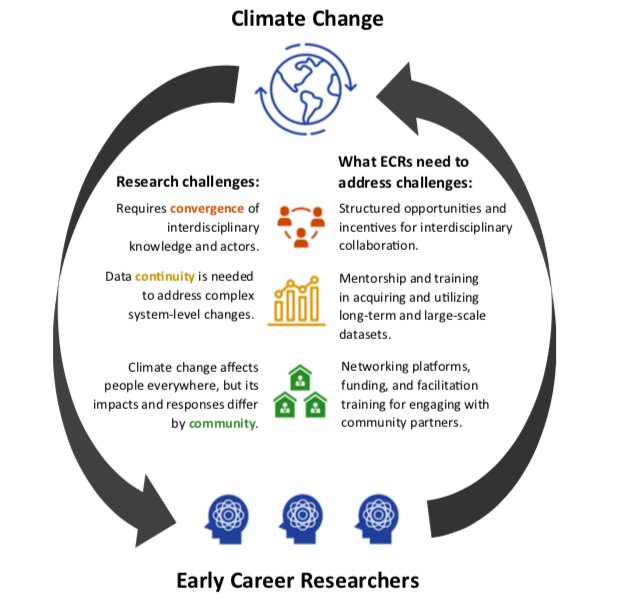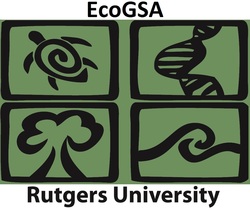|
This article outlines a series of perspectives, reflections, and recommendations for how early career scientists studying climate change in the fields of agriculture, forestry, and aquaculture can be best supported.
This paper is the result of a collaborative effort of grad students who first came together in 2018 through the Graduate Student Climate Adaptation Partners (GradCAP) Program. GradCAP was organized by the USDA Northeast Climate Hub, and it assembled 15 master’s and doctoral students from several Land and Sea Grant institutions, from West Virginia to Maine. All of the participants were studying climate change resilience in agriculture, forestry, and aquaculture. The goal of GradCAP was to build a network of early career scientists, spark new ideas in a collaborative setting, and provide professional development opportunities. Initially, this occurred through a virtual consortium, a webinar series that took place every few weeks in 2018. In 2019, the GradCAP scholars met for their first (and only) in-person meeting, at a workshop at the Gulf of Maine Research Institute. Here, the scholars first conceived the idea for the manuscript. This initiative demonstrates the capacity of early career scientists to engage in productive remote collaboration. Two years before the COVID-19 pandemic, this group of young researchers used a webinar series, teleconferencing, and a single in-person meeting to build a community of practice and publish a peer-reviewed publication in under 18 months. |
We seek to further the social, cultural, academic and research interests of the students in the graduate program in Ecology and Evolution and act as a link between the graduate students and the faculty. Archives
November 2023
Categories |


 RSS Feed
RSS Feed
